IN CELEBRATION OF
All Things Historical
doctor Myrup proudly presents his SEMI-ANNUAL LIST OF
HISTORY COURSES
(FALL 2022 EDITION)
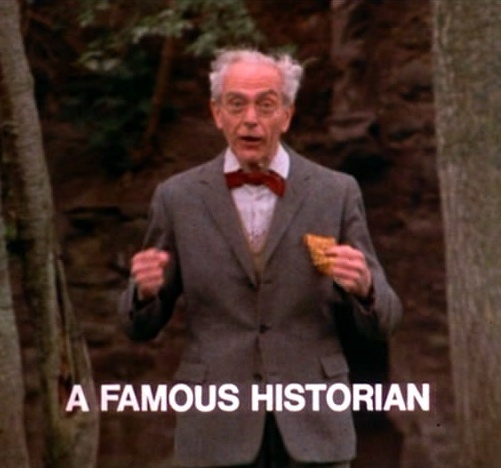
For questions, please contact Dr. Erik Myrup.History is home to some of the most riveting storytellers who ever donned a bow tie . . .
Whether you simply need to fulfill a core or are a die-hard history buff, please come join in
the quest to seek the perfect course.
UK
Core Courses
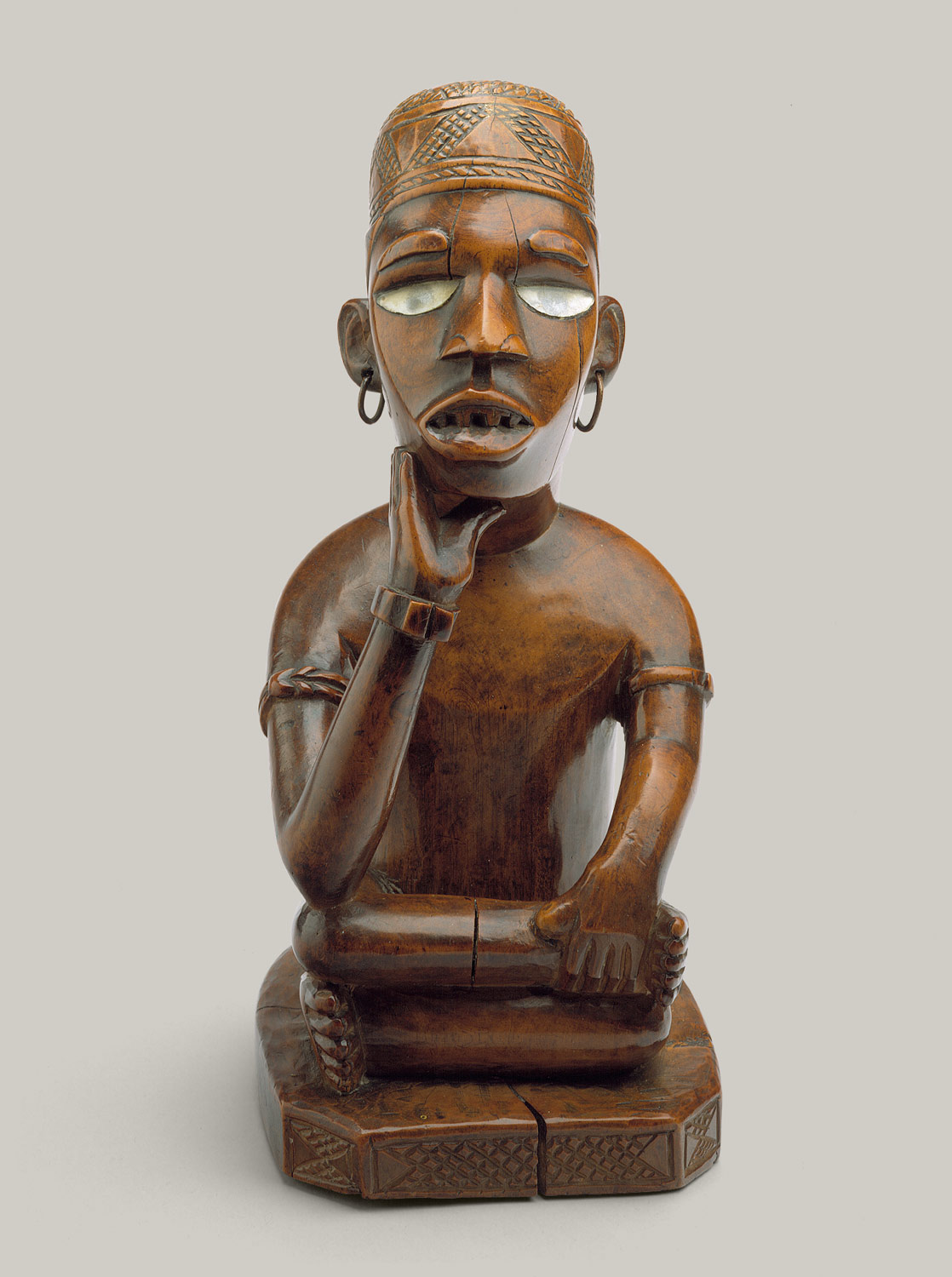
HIS 100: Introduction to
African Studies (Dr. Francis Musoni)
This course provides a basic overview of African history, examining the major social, political, and economic transformations that have shaped the continent from the colonial era to the present. The course will equip students with the knowledge and skills to critically evaluate the relationship between contemporary Africa and its recent past. (Click here to listen to Dr. Musoni describe his early years in Zimbabwe.) Cross-listed with AAS 100.
UK CORE: Global Dynamics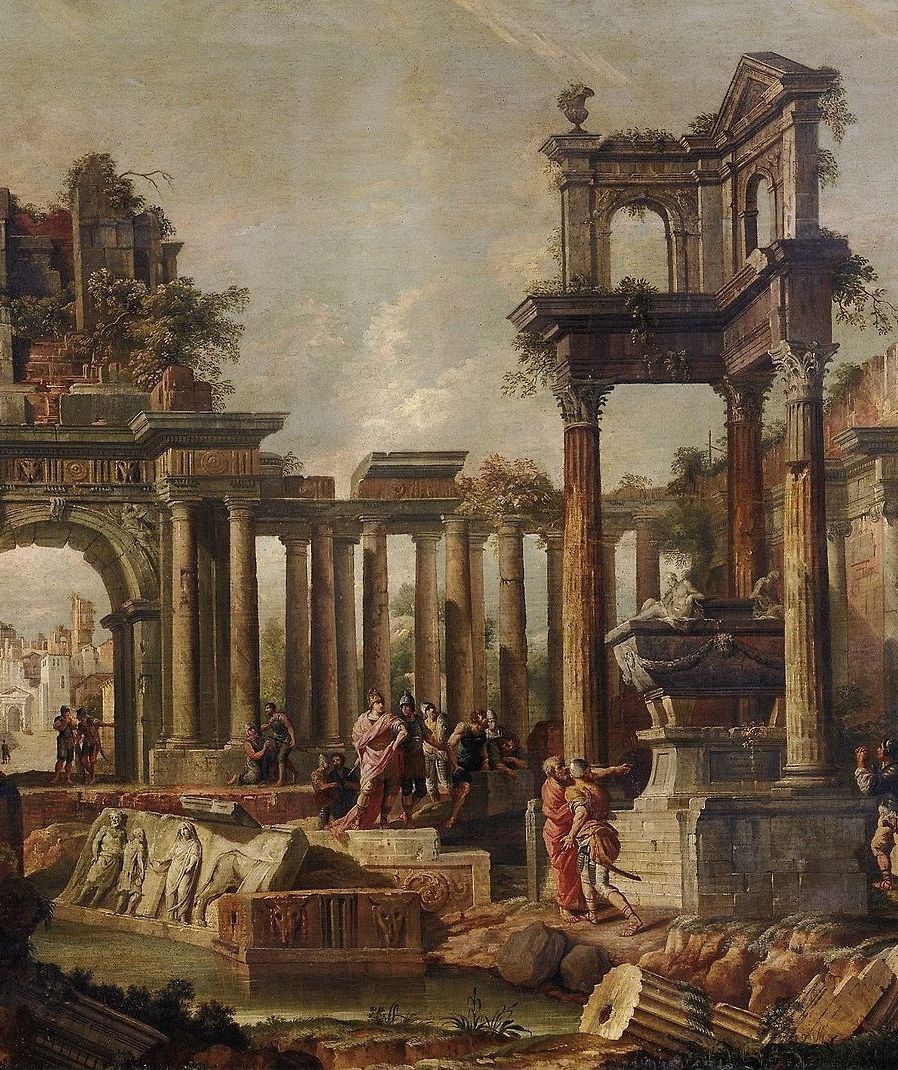
HIS 104: History of Europe
through Mid-17th Century (Dr. Erik Myrup)
Lecture: MW 12:00-12:50
Recitation Options: W
1:00-1:50, R 9:30-10:20, R 11:00-11:50, F
11:00-11:50, F 12:00-12:50
Greeks,
Romans, Saxons, and Monty Python—they're all in there along with an
assortment of two dozen villains and heroes for
your historical enjoyment. A history of western
civilization like you never knew before, taught by
an award winning teacher who can't sit still. (Click here
for a sample lecture, click here
for an interview with Dr. Myrup, and click here to
see Dr. Myrup talk about teaching.)
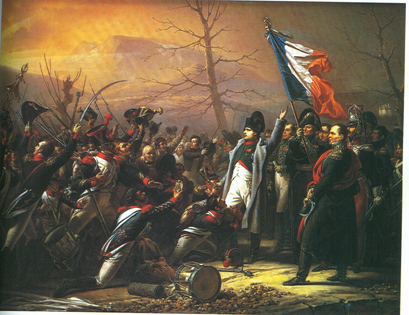
HIS 105 - History of
Europe, 1648 to the Present (Dr. Tammy Whitlock)
MWF 10:00-10:50
Europe, the universe
and everything starting with the colonization of the
Americas and ending with the recent birth of Prince
George. Answers burning questions like “Why don't we
have a monarch?” and “Was empire a really bad idea?” (Click
here for an interview with Dr.
Whitlock on the history of crime.)
UK CORE: Humanities/Global Dynamics
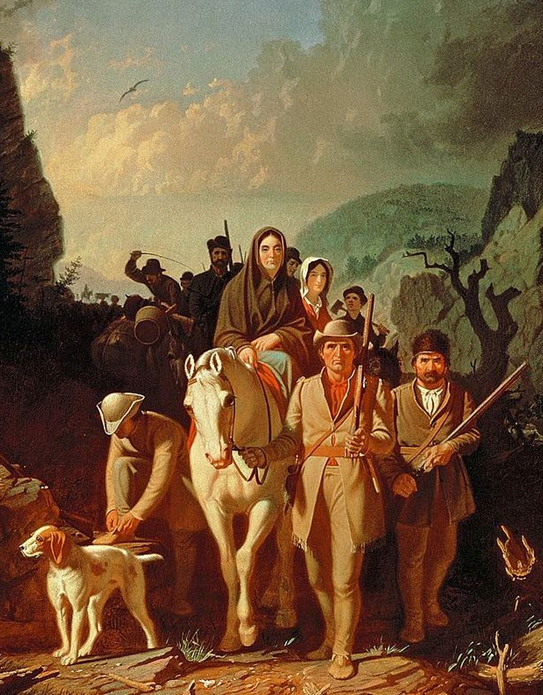
HIS 108 - History of U.S.
through 1876 (Dr. Mark Summers)
Sections 001-012, Lecture:
MW 9:00-9:50
Recitation Options: M
1:00-1:50, T 9:30-10:20, W 10:00-10:50, W
12:00-12:50, F 9:00-9:50
U.S. history from the late
16th century to the end of the Civil War, focusing on
the historical ideals of a nation whose heroes ranged
from Washington and Lincoln to the everyday men and
women who were the nameless seed of democracy. Music,
pictures, and standing on tables . . . with the
occasional costume thrown in for good measure! (Click here for an interview
with Dr. Summers.) Note: this course is
supported by Supplemental Instruction, a series
of weekly, peer-led group study sessions.
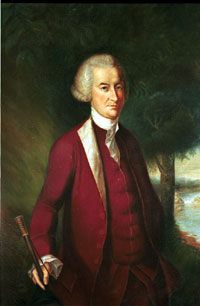
HIS 108 - History of U.S. through 1876 (Dr. Jane Calvert)
Section 013
(Honors Section): TR 11:00-12:15
A rigorous and challenging course geared towards upper-level honors students who wish to work directly with a faculty member in a small setting. The course surveys American history from the first British settlements c. 1585 to the end of reconstruction in 1876, covering each of the major epochs: the Colonial Period, the Founding Era, the Early Republic, the Antebellum Period, the Civil War, and Reconstruction. Along the way, we will explore ideas that created America—liberty, equality, empire, slavery, racism, consumerism, patriotism, and religion—and the events and people that shaped the era. (Click here to see Dr. Calvert speak about her research on John Dickinson.)
UK CORE: Humanities / Community, Culture, and Citizenship in U.S.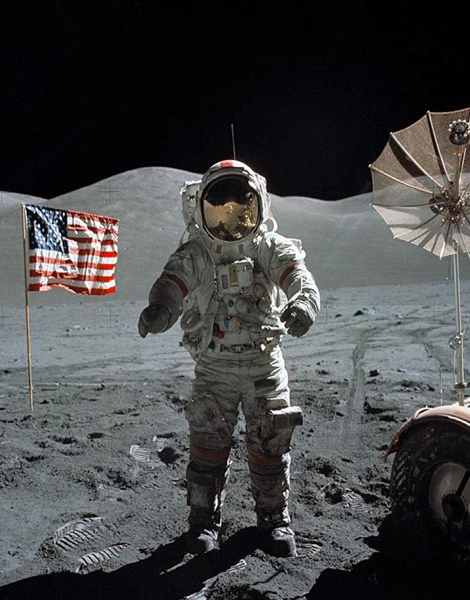
HIS 109 - History of U.S.
since 1877 (Dr. Melanie Goan)
Lecture: MW 12:00-12:50
Recitation
Options: M 10:00-10:50, M 11:00-11:50, T
11:00-11:50, 12:30-1:20, R 11:00-11:50, R 12:30-1:20
Beginning in the years
following the Civil War, this course examines how a
severely divided nation struggled to heal its wounds,
examining the transformation of the United States from
a predominantly rural nation into an industrial giant
and superpower that even today remains divided along
racial, religious, and political lines. (Click here
to read an interview with Dr. Goan about her research,
and click here
to hear Dr. Goan talk about teaching.)
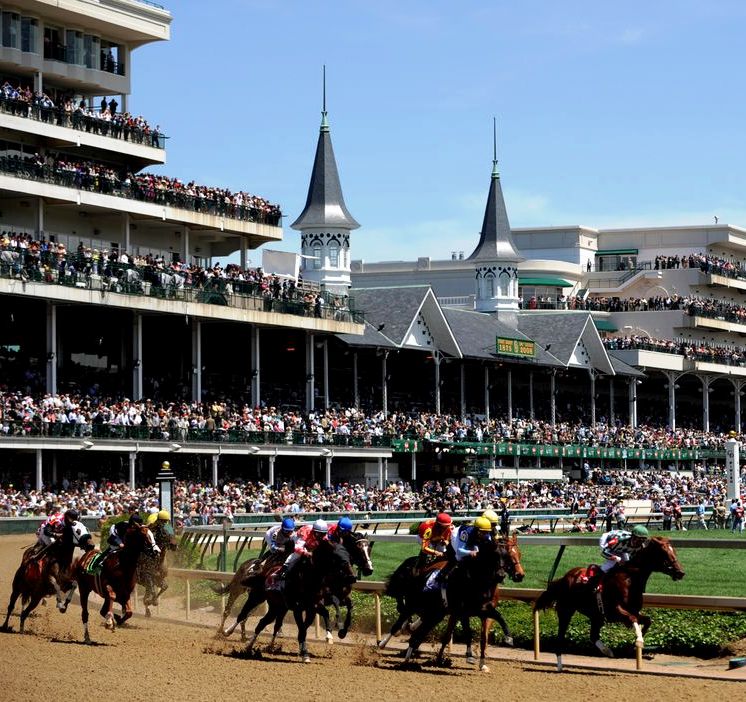
Lecture: TR
2:00-2:50
Recitation
Options: T 9:30-10:20, T 12:30-1:20, W 11:00-11:50,
W 12:00-12:50, R 9:30-10:20, F 10:00-10:50
This course will
allow you to do hands-on history and learn more about
the state you call home. We will examine the
political, social, economic, environmental, and
cultural dynamics that have shaped modern Kentucky
from 1900 to present. (Click here to see
Dr. Campbell speak about his research on the Gateway
Arch.)
UK CORE: Humanities
/ Community, Culture, and Citizenship in U.S.
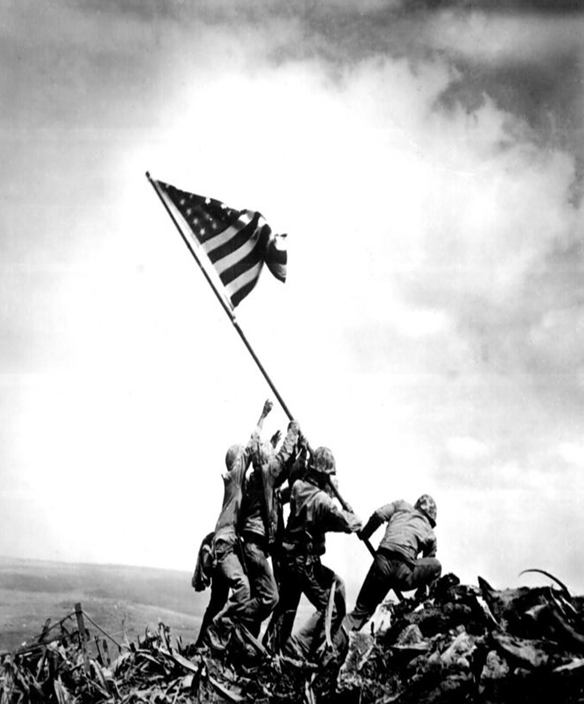
Lectures: Online
Recitation
Options: TR 8:00-9:15, TR 9:30-10:45, TR
11:00-12:15, TR 12:30-1:45, TR 2:00-3:15
Examines the social impact of the two Great Wars of the twentieth century from a transnational perspective, exploring the impact of warfare in such areas as gender relations, technology, ethics, the demonization of the enemy, propaganda, the welfare state, and postwar efforts to come to terms with the atrocities of war. (Click here to see Dr. Petrone speak about about her research on the memory of World War I.)
UK CORE:
Humanities/Global Dynamics
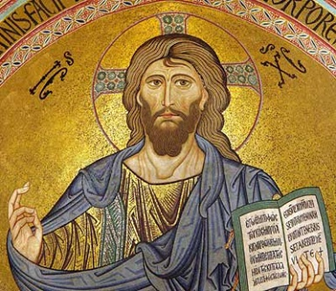
HIS 191 - History of World
Religions: The New Testament (Dr. David Olster)
TR 9:30-10:45
An historical introduction to the origins of Christianity through the lens of canonical and apocryphal writings found in the Christian New Testament. Taught in conjunction with CLA 190-001.
UK CORE: Humanities/Global Dynamics
HIS 202 - History of
British People through the Restoration (Dr.
Tammy Whitlock)
MWF 12:00-12:50
Invading Romans, Epic Battles, Angry Celts, Legos, bad poetry, Vikings, Anglo-Saxons, Normans, and Henry VIII. (Click here for an interview with Dr. Whitlock.)
UK CORE: Humanities/Global Dynamics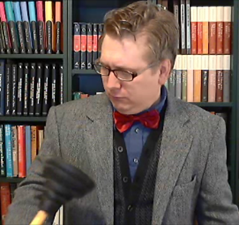
HIS 206 - History of
Colonial Latin America (Dr. Erik Myrup)
MWF 10:00-10:50
Columbus, Cortés, Montezuma,
and Maria the Mad—they're all in there along
with an assortment of two dozen other villains and
heroes for your historical enjoyment. Latin America
and the Iberian world like you never knew before,
taught by an award winning teacher who sometimes
masquerades as Doctor Who. (Click here
for a sample lecture; and click here
for an interview with Dr. Myrup.)
UK CORE: Global Dynamics
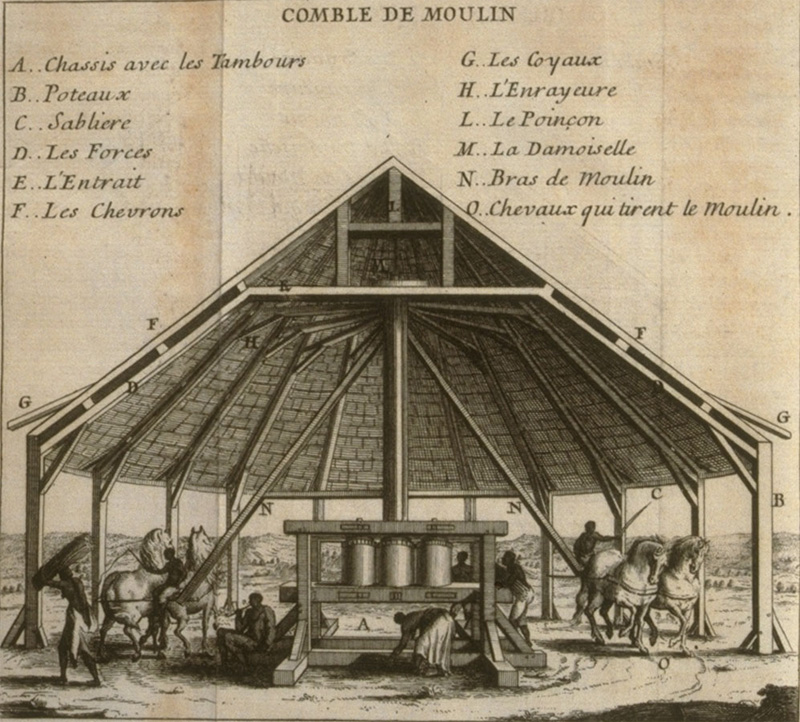
HIS 208 - History of the
Atlantic World (Dr. Devyn Spence Benson)
TR 12:30-1:45
This course examines the
connections between Europe, Africa, and the Americas
from 1492 to the present day, focusing especially on
the legacies of slavery, race, and imperialism in
Central America and the Caribbean. (Click here
to watch Dr. Benson discuss her research on
conceptions of race in Cuba in the 1960s.) Taught
in conjunction with AAS 400-012.
UK CORE: Global Dynamics
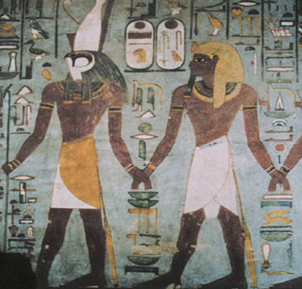
HIS 229 - Ancient Near East
and Greece to the Death of Alexander (Dr. Dan
Gargola)
MWF 12:00-12:50
A course that opens the ancient world inside out: Egyptians, Persians, Greeks, and Jews; Sophocles, Ramesses, Aristotle, Alexander the Great; impossible riddles; Theban plays, Cadmean victories; and a teacher who will know your name. Cross-listed with CLA 229.
UK CORE: Humanities
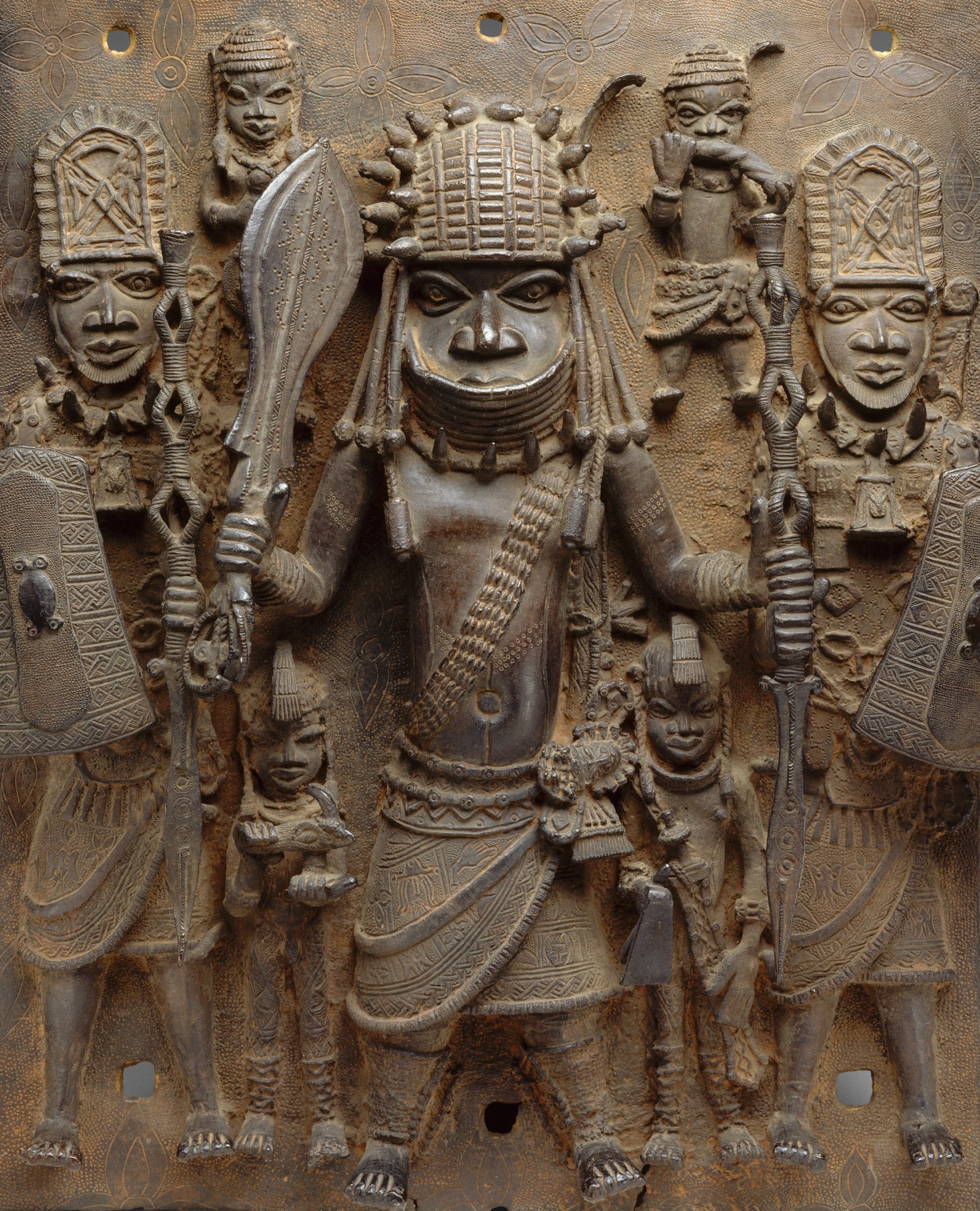
TR 3:30-4:45
The 2018
blockbuster Black Panther introduced audiences
to Wakanda, a fictional country on the African
continent that had never experienced colonization or
westernization. In this course we will treat this same
premise, examining historical evidence of African
state building, advanced and profitable African
economies, and illustrations of traditional African
dress and cultural practices that speak to the
historical roots of the fictional Wakanda
as a bridge between continental Africa and the African
Diaspora. Cross-listed with AAS 253.
UK CORE: Humanities/Global Dynamics
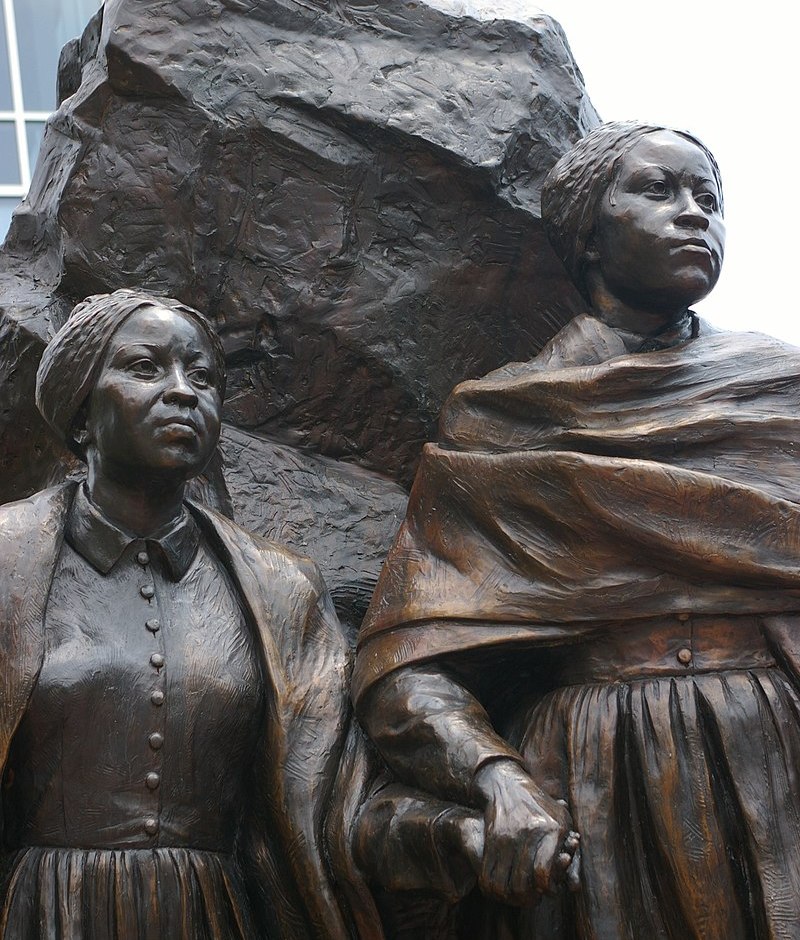
MWF
11:00-11:50
This course examines the development
of race as an ideology in early American history and
its intersection with other social categories,
including class and gender. This class will challenge
each student's critical thinking skills while
enriching his or her understanding of African American
history before and during the American Civil War. (Click here to hear Dr.
Brown speak about her research on African American
history in Louisiana.) Cross-listed with AAS
260.
UK Core: Community, Culture and Citizenship in U.S.
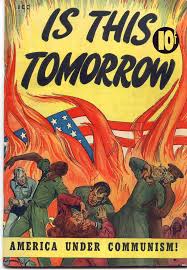
HIS 315 - The
U.S. in the Cold War, 1945-1991 (Dr. Mark Summers)
MWF 1:00-1:50
The Iron Curtain,
a nuclear arms race, the making of NATO, a wall in
Berlin, Coca-Colonialism, isolationism, Asialationism,
the Common Market, and uncommon sense. People get
shot, lawful governments get overthrown, public
officials lie like statistics, and we never learn to
stop worrying and love the Bomb. Lots of music and
pictures . . . and jumping on tables for good measure! (Click here for an interview
with Dr. Summers, click here to see Dr.
Summers speak about politics in the Gilded Age,
and click here to watch Dr.
Summers speak about Charles Dickens and history.)
UK CORE: Community, Culture and Citizenship in U.S.